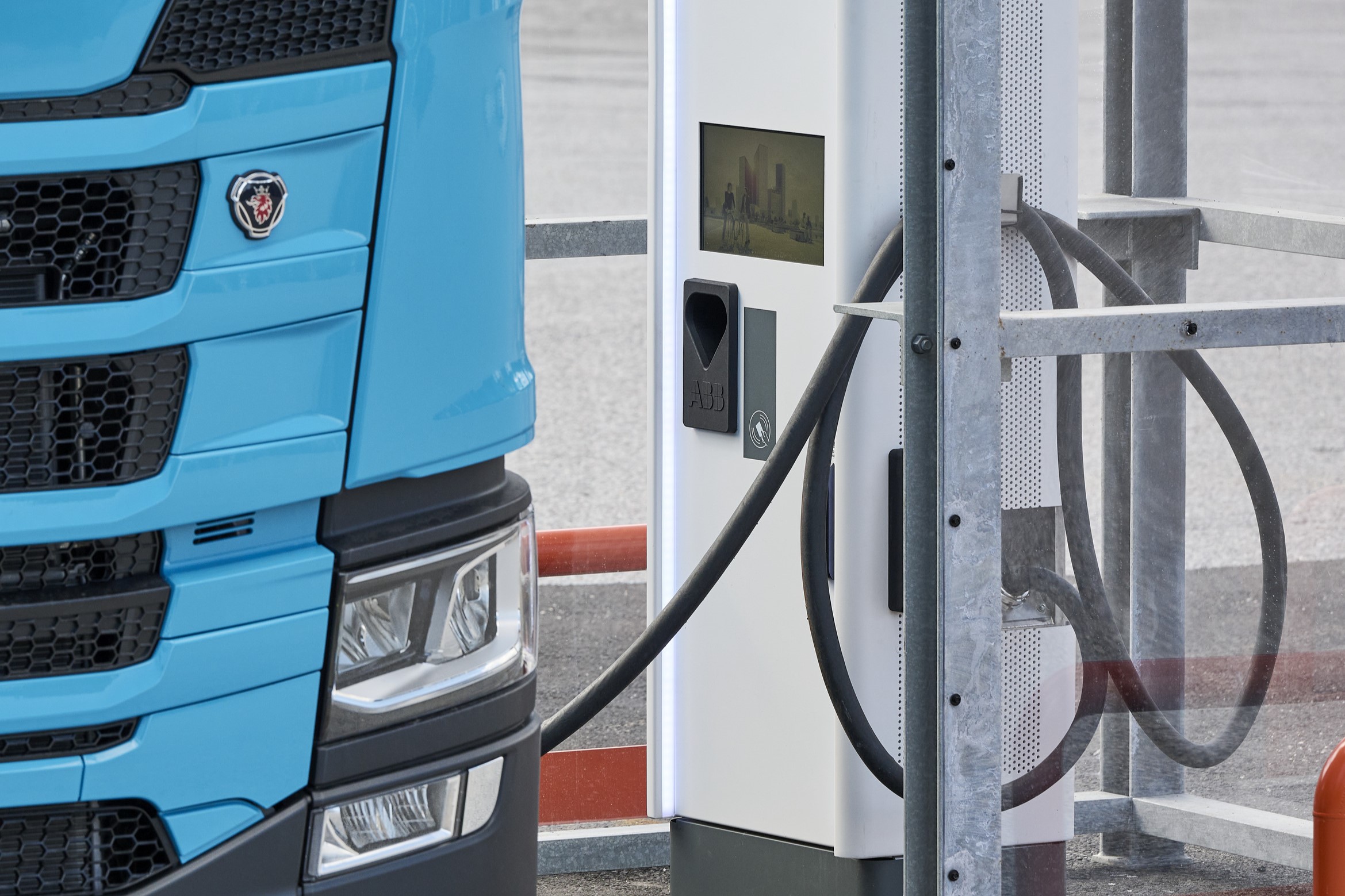
ABB tests Megawatt Charging System (MCS) with some help from Scania

Scania has installed an ABB MCS charger at one of its locations for testing /Scania
The Swiss charging infrastructure specialist ABB is testing its upcoming Megawatt Charging System (MCS) for fast-charging heavy electric veh


Comments
Ready to join the conversation?
You must be an active subscriber to leave a comment.
Subscribe Today